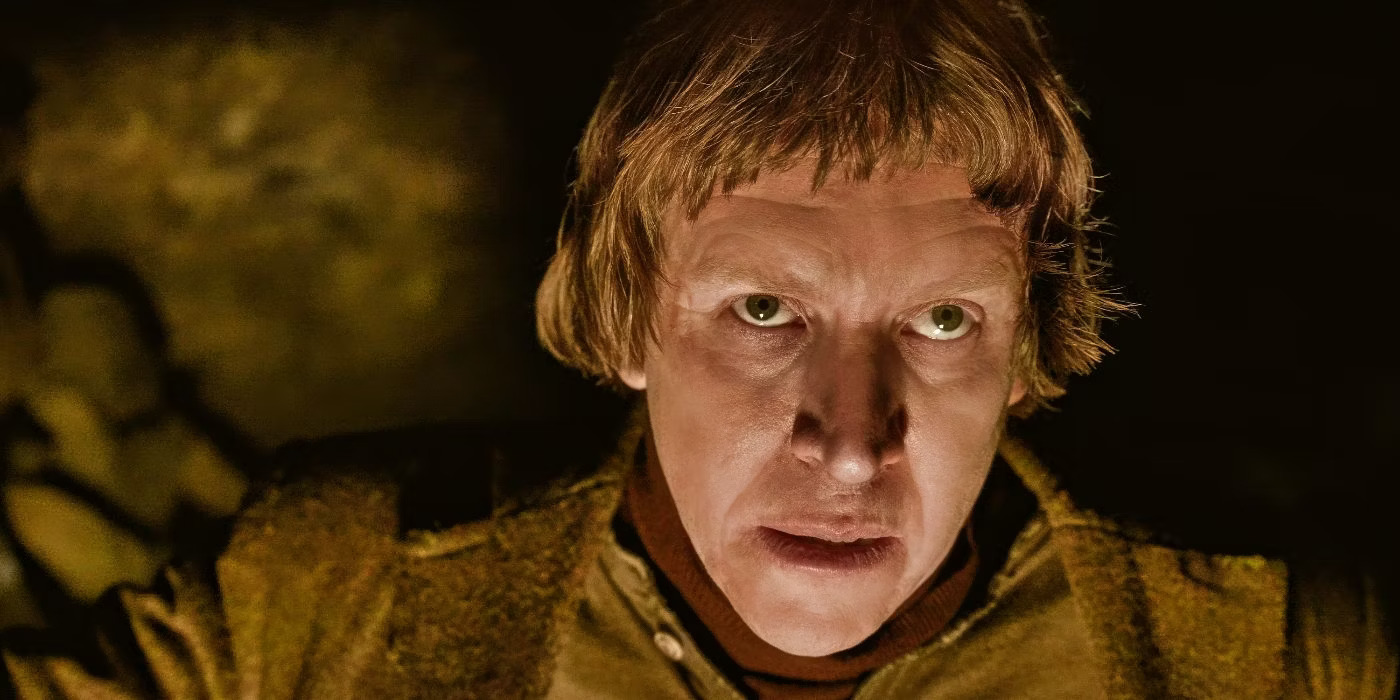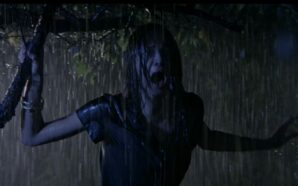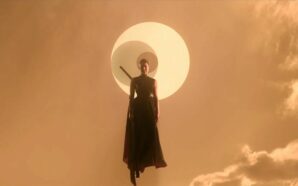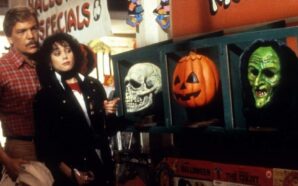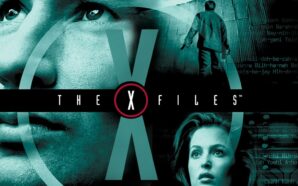Fargo, despite its artifice as a true story, its genre as crime drama, is at its core a modern American mythology. It’s a show that works with character archetypes: individuals of pure good and moral decency locked in battle with those who personify pure evil. Those evil characters, from Lorne Malvo and Varga in previous seasons, Gaear from the film, or even Anton Chigurh and Leonard Smalls from the wider Coen Brothers canon, are so often the highlight of their respective stories. In Fargo season 5, Ole Munch is no exception. At first he seems like another engaging, strange villain, very much in the Gaear Grimsrud mould, but as the season progresses he develops into something else, something deeper, and plays into another of the show’s aspects: supernatural cosmic justice.
One of the boldest leaps showrunner Noah Hawley took with his Fargo series was to introduce a supernatural aspect with each season starting with the second (although some will debate it began in season 1). Yet as outlandish each inclusion seems, they all ultimately serve the same purpose in the show. The UFOs, the bowling alley afterlife with God/the Wandering Jew, the ghost. Each ultimately aid our heroes, extending a hand from some otherworldly plain to right an injustice.
Ole Munch, as much as he may initially seem like this season’s being of pure evil, becomes an aspect in the story seeking a kind of elemental balance. He’s this season’s supernatural offering: a centuries old sin-eater, cursed with immortality after consuming the sins of a rich man so he could enter heaven. In a scene which recreates the sequence of the UFO saving Lou’s life from the penultimate episode of the second season, Munch appears from above Dot, in a very UFO-looking ring of light, atop a well, having just saved her life in the penultimate episode of the fifth season.
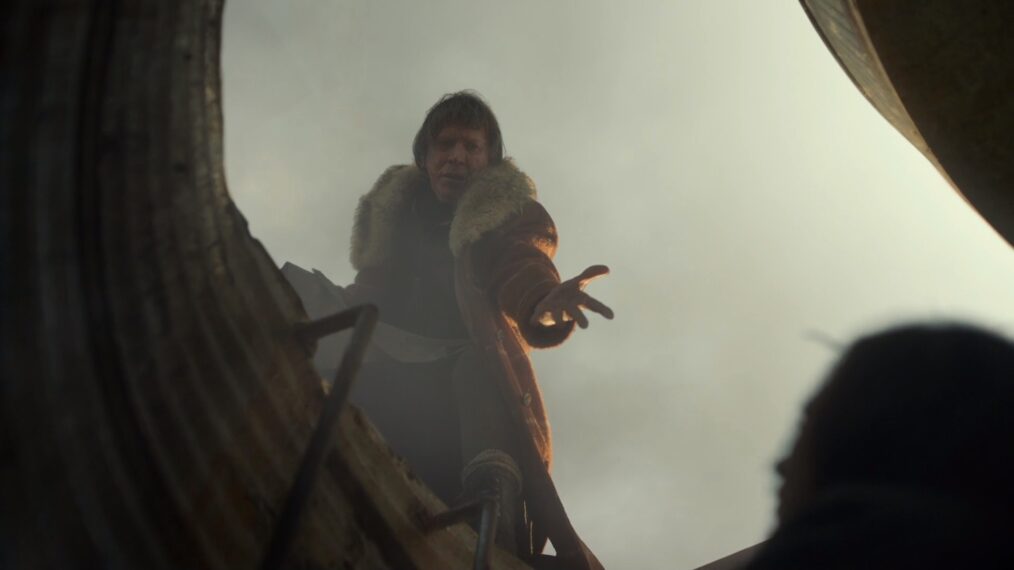
Munch is more than one archetype of Fargo. He’s the whole mix of the show in one character. Fargo is a show of great tonal extremes and Munch personifies this. Munch is a horror character. Some ancient boogeyman, who has scenes where he’s accompanied by music from The Shining. He performs animal sacrifices and blood rituals. But he’s also the comedic highlight of the season, both from his seriousness being undercut but also with his offbeat way of speaking. It’s like each word takes great effort to form in his mouth before straining to push it out. Not to mention his penchant for the third person and relaying everything like it is some ancient metaphorical piece of folklore. Munch does speak more normally in the premiere so I wonder how much the ideas for the character changed as Sam Spruell began to show his talents. His performance is outstanding.
Ole Munch makes absolutely no sense. In an apparent flashback to Wales in 1522, we see Munch eat a man’s sins. But in the finale he said he came to America in a longboat, as if he’s an even older Viking. He claims when he was a kid “freedom was a potato” but there were no potatoes in Europe at that time. For a Welshman, he has a strange Scandinavian accent and wears a Scottish kilt. He claims he’s a nihilist (a Coen Brothers staple) and then performs rituals and clearly has a code when it comes to debt. He eats the biscuit in the finale like he hasn’t eaten for hundreds of years but earlier in the season proclaims he wants pancakes.
Munch is nothing but contradictions, and this has to be on purpose. You can’t believe anything he says. He either is immortal or he’s a crazy person. Or, perhaps the best-suited answer for a Fargo character, both. It doesn’t really matter if it is true so long as he believes it and then believes he can change at the end. Dot’s compassion is meaningful whatever.
But if we are to take Munch at his word and believe him to be centuries old, which, as a fan of the show’s supernatural occurrences, I am apt to do, then he can appear anywhere in the Fargo timeline. Season five may not have directly connected to the other seasons, instead opting to remix the original film, but Munch can be the connective tissue moving forward, if indeed there is more Fargo to come. Unless he becomes a mortal, but still strange, Kia salesman I don’t want to see him again after the events of the finale. I’d like to maintain the ambiguity of his character change, just like how I don’t want to see VM Varga past the season three finale. But backwards in time is open season. Even if there’s another season set as far back as the fifties like season four, he could slot right in, maybe with a similar role as Mr Wrench had in season three. I’m kinda sad we had to wait until the fifth season for Munch’s introduction. We could have had five seasons of Ole Munch.
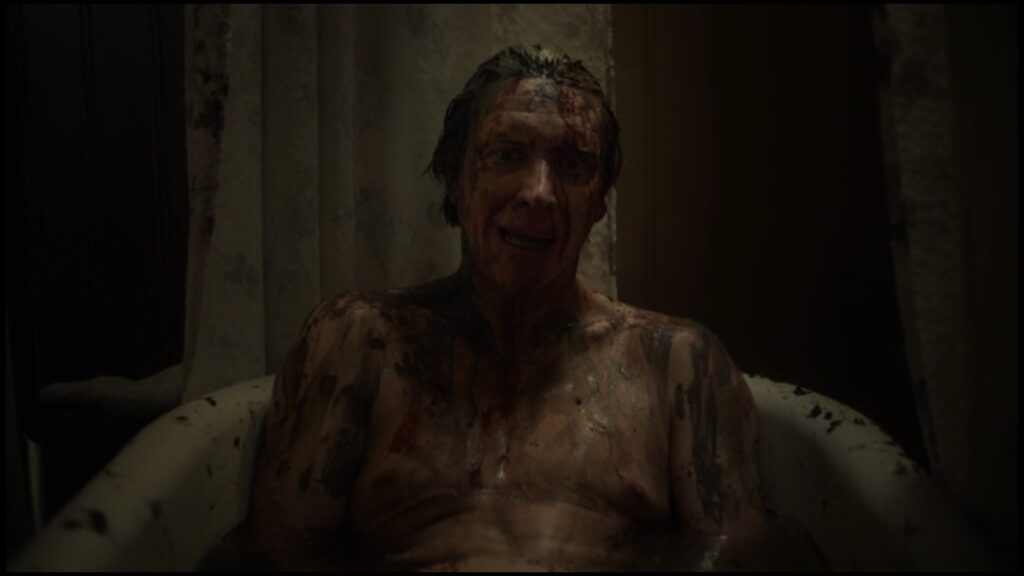
I thought the first half of the fifth season finale was just okay. It rushes through the Roy confrontation, almost like Hawley had gotten tired with it after the last two episodes of set-up. Then Munch suddenly reappears and those last 20 minutes are perfection. I wasn’t expecting to see Munch again. Like the UFO, I thought he’d disappear after providing his dose of cosmic justice and saving Dot. But Munch still had a purpose.
Ole Munch’s role in the season shifts once again. At first he was the savage evil character, then the supernatural wildcard, and now he is redeemed. Munch becomes the heart of the season, the thematic lynchpin on what Hawley wants to say about debt and forgiveness. Debt, abuse, believing something to be owed, these are the themes all aspects of the season have been dealing with. Dot is one of these Fargo characters of pure good and decency and is able to now rectify the damage of the past and help someone else overcome abuse, so that they can move forward with their life and don’t owe anything. Together Dot and Ole make biscuits and, in eating one, like he ate the man’s sins hundreds of years ago, it metaphorically and, if you like, literally, saves his soul. It’s like if Anton Chigurh went to kill Marge Gunderson at the end of No Country for Old Men rather than Carla Jean and she was able to save him and herself with a ‘Minnesota nice’ attitude.
The final scene is weird, sweet, scary, tense, silly, a little pretentious, and hilarious. It’s a great Fargo ending. It also makes me want to see an Ole Munch cookery show. It defines Munch as the ultimate Fargo character, shifting roles across the season, embodying so much of the show and its various, almost contradictory aspects, before playing a key role in the theme of the season, being redeemed by the good, moral character; as happy an ending Fargo can have.




